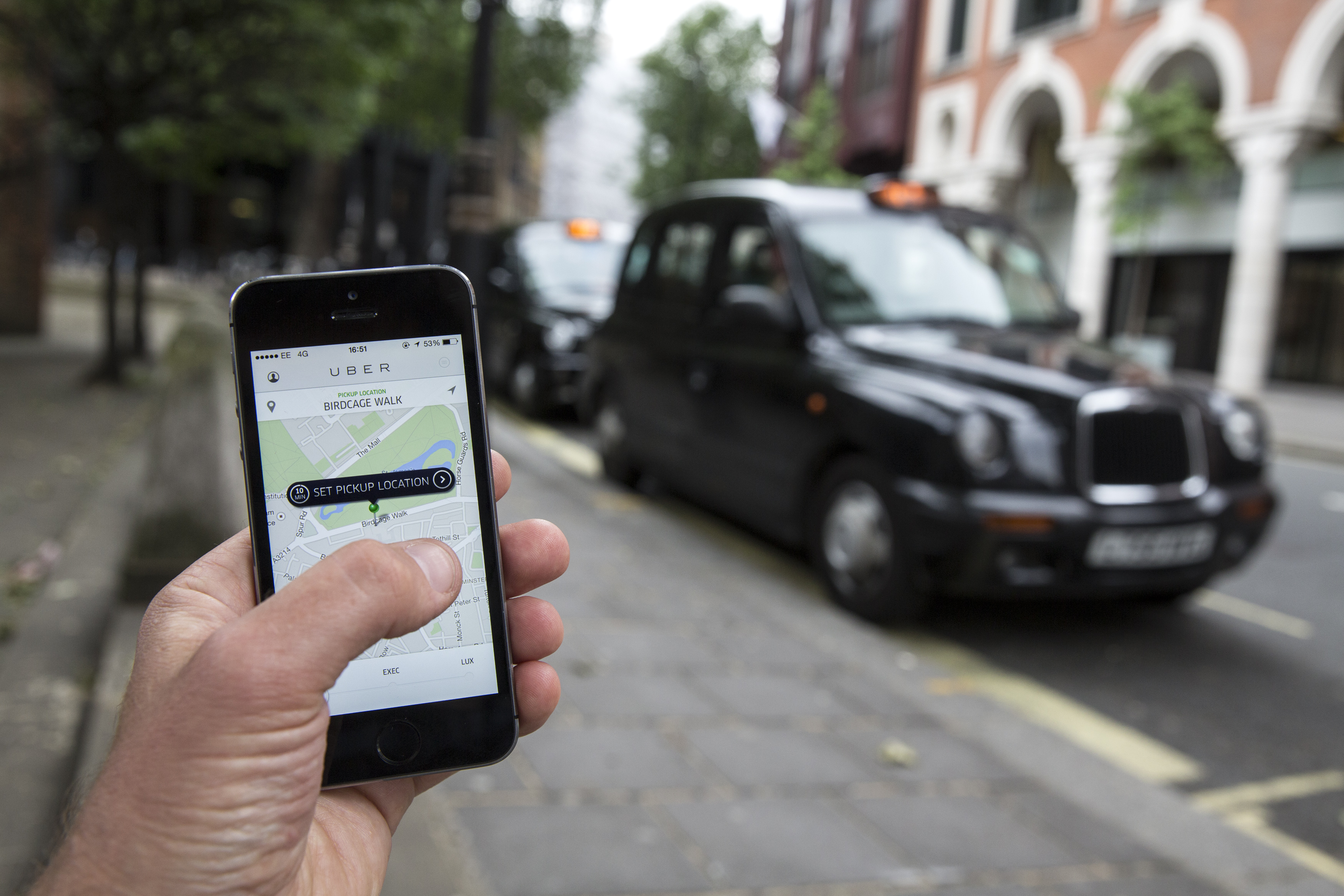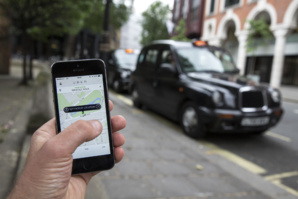Uber’s cost could rise to $ 50 billion, writes the news agency Bloomberg. Sources of publications report that negotiations with potential investors are at an early stage.
The previous round of funding Uber took place in December 2014 when the company was able to raise $ 1.2 billion, and as a result it was estimated at $ 40 billion. This is less than Xiaomi, remaining at the moment the most expensive private IT-company in the world.
In late 2014, the Chinese smartphone maker has attracted $ 1.1 billion of investment and business valuation was at $ 45 billion. Higher cost (about $ 50 billion) at the time had only social network Facebook.
Since its foundation in 2009, Uber attracted a total of more than $ 4 billion. Service Uber operates in 277 cities of 54 countries, the company's staff is about 2 thousand people.
Recently, it was reported that Uber intends to acquire Here, cartographic division of the Finnish Nokia Corp., for $ 3 billion. Nokia announced the possible sale of Here in the last month. However, the company does not exclude the possibility of maintaining the cartographic division.
Uber drivers looking for an opportunity to earn more without working 24/7, notes Viewswagen company. This company sells commercials and other media content for taxis and other types of public transport.
Although we are already familiar with such players, it was Viewswagen who managed to find, perhaps, the most modern and timely solution: instead of bulky entering into contracts for the supply and installation of special displays and updates the content in manual mode, the driver offered to download an application that is installed on its telephone and simultaneously on the device for passengers - ordinary tablets, sticky to the seat back.
The main deterrent to Uber today - prohibitions and restrictions in Germany, India and some other countries because of the protests of taxi drivers, whose incomes have fallen after the launch of the service in the local markets. The formal reason - the lack of relevant documents and a thorough check of drivers, which, according to the authorities, threatening the safety of passengers. It is worth noting that Uber is original enough to solve the problem in each case (for example, the creation of SOS button in India), making it a step closer to the creation of an ideal platform that will enable businesses to scale several times without any extra costs. The recent decision by the Philippines on the allocation of taxi services as a separate category of registered types of transport will be an excellent precedent for international practice that will solve the problem of illegal status Uber drivers in many countries.
A simple and relatively easy to start a business model has generated a lot of clones around the world. They all offer similar basic taxi services, but local players have an advantage: they know the features of the mentality of their clients and are supported by local companies. Most of all this is manifested in the Asian countries, which have become a haven for startups. At the same time, the competition is invested not only by local players, but also foreign investors.
source: bloomberg.com
The previous round of funding Uber took place in December 2014 when the company was able to raise $ 1.2 billion, and as a result it was estimated at $ 40 billion. This is less than Xiaomi, remaining at the moment the most expensive private IT-company in the world.
In late 2014, the Chinese smartphone maker has attracted $ 1.1 billion of investment and business valuation was at $ 45 billion. Higher cost (about $ 50 billion) at the time had only social network Facebook.
Since its foundation in 2009, Uber attracted a total of more than $ 4 billion. Service Uber operates in 277 cities of 54 countries, the company's staff is about 2 thousand people.
Recently, it was reported that Uber intends to acquire Here, cartographic division of the Finnish Nokia Corp., for $ 3 billion. Nokia announced the possible sale of Here in the last month. However, the company does not exclude the possibility of maintaining the cartographic division.
Uber drivers looking for an opportunity to earn more without working 24/7, notes Viewswagen company. This company sells commercials and other media content for taxis and other types of public transport.
Although we are already familiar with such players, it was Viewswagen who managed to find, perhaps, the most modern and timely solution: instead of bulky entering into contracts for the supply and installation of special displays and updates the content in manual mode, the driver offered to download an application that is installed on its telephone and simultaneously on the device for passengers - ordinary tablets, sticky to the seat back.
The main deterrent to Uber today - prohibitions and restrictions in Germany, India and some other countries because of the protests of taxi drivers, whose incomes have fallen after the launch of the service in the local markets. The formal reason - the lack of relevant documents and a thorough check of drivers, which, according to the authorities, threatening the safety of passengers. It is worth noting that Uber is original enough to solve the problem in each case (for example, the creation of SOS button in India), making it a step closer to the creation of an ideal platform that will enable businesses to scale several times without any extra costs. The recent decision by the Philippines on the allocation of taxi services as a separate category of registered types of transport will be an excellent precedent for international practice that will solve the problem of illegal status Uber drivers in many countries.
A simple and relatively easy to start a business model has generated a lot of clones around the world. They all offer similar basic taxi services, but local players have an advantage: they know the features of the mentality of their clients and are supported by local companies. Most of all this is manifested in the Asian countries, which have become a haven for startups. At the same time, the competition is invested not only by local players, but also foreign investors.
source: bloomberg.com






